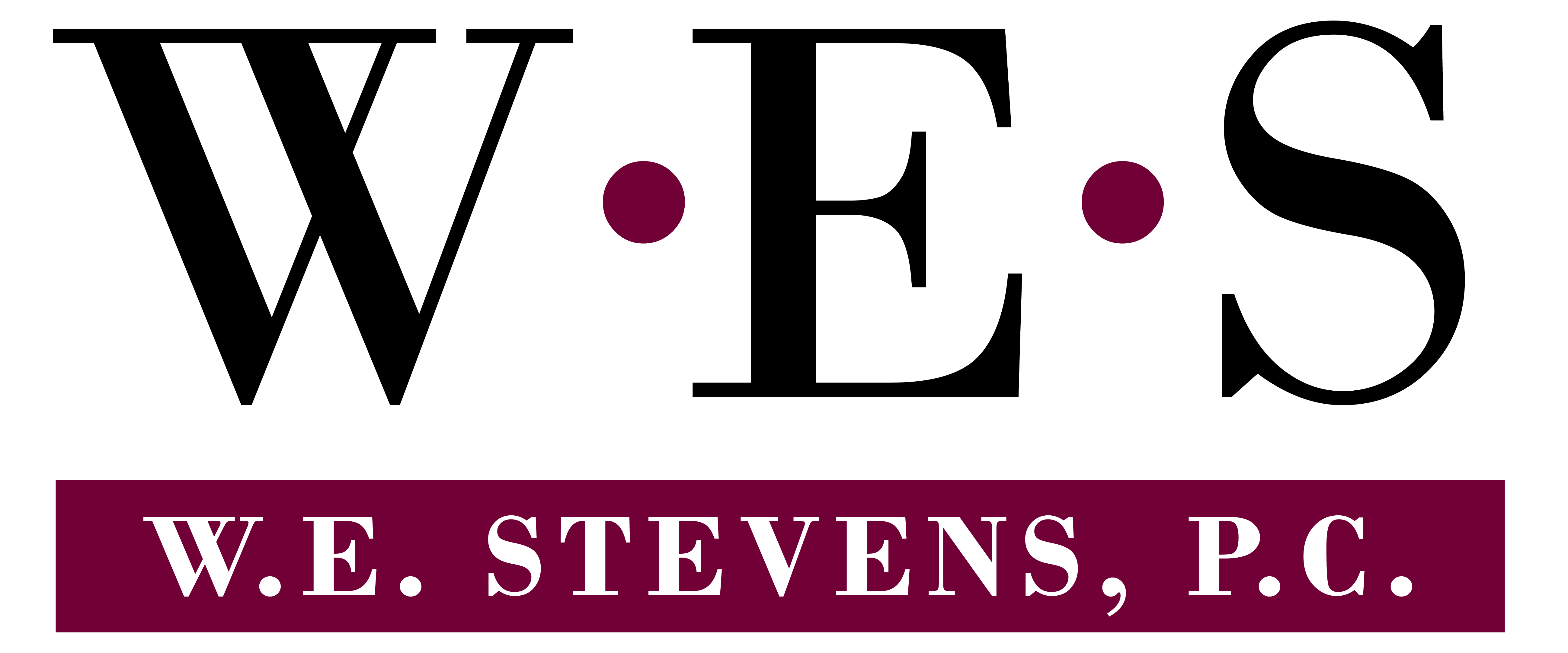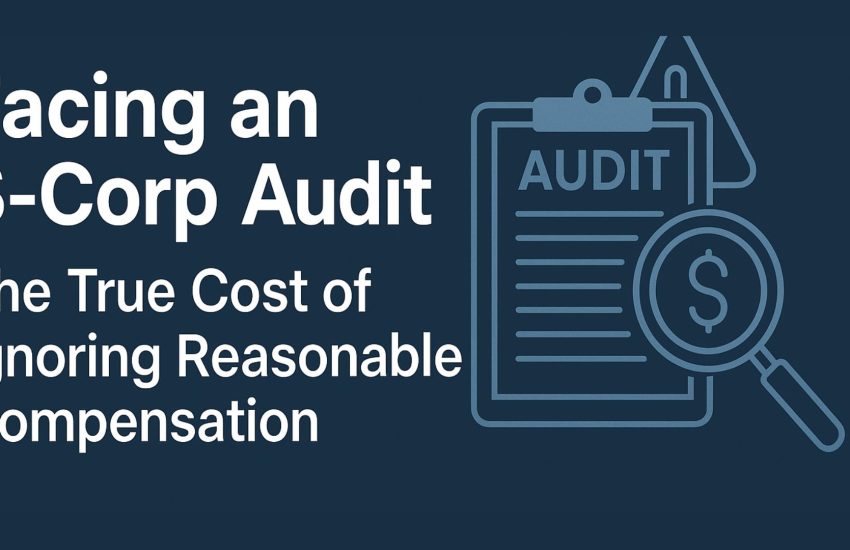Tax Liability and Business Structure
The structure you choose for your business will affect how your business is taxed and the degree to which you can be held personally liable. Here is a brief overview of the various structures:
Sole Proprietorship
This is a popular structure for single-owner businesses. No separate business entity is formed.
You report your business income and expenses on Schedule C, an attachment to your personal income tax return. Net earnings the business generates are subject to both self-employment taxes and income taxes. Sole proprietors may have employees but don’t take paychecks themselves.
Limited Liability Company
If you want protection for your personal assets in the event your business is sued, you might prefer a limited liability company (LLC). An LLC is a separate legal entity that can have one or more owners. Usually, income is taxed to the owners individually, and earnings are subject to self-employment taxes.
Corporation
A corporation is a separate legal entity that can transact business in its own name and files corporate income tax returns. Like an LLC, a corporation can have one or more owners. Shareholders generally are protected from personal liability but can be held responsible for repaying any business debts they’ve personally guaranteed.
Partnership
A partnership is like an LLC or an S corporation. However, partnerships must have at least one general partner who is personally liable for the partnership’s debts and obligations. Profits and losses are divided among the partners and taxed to them individually.



